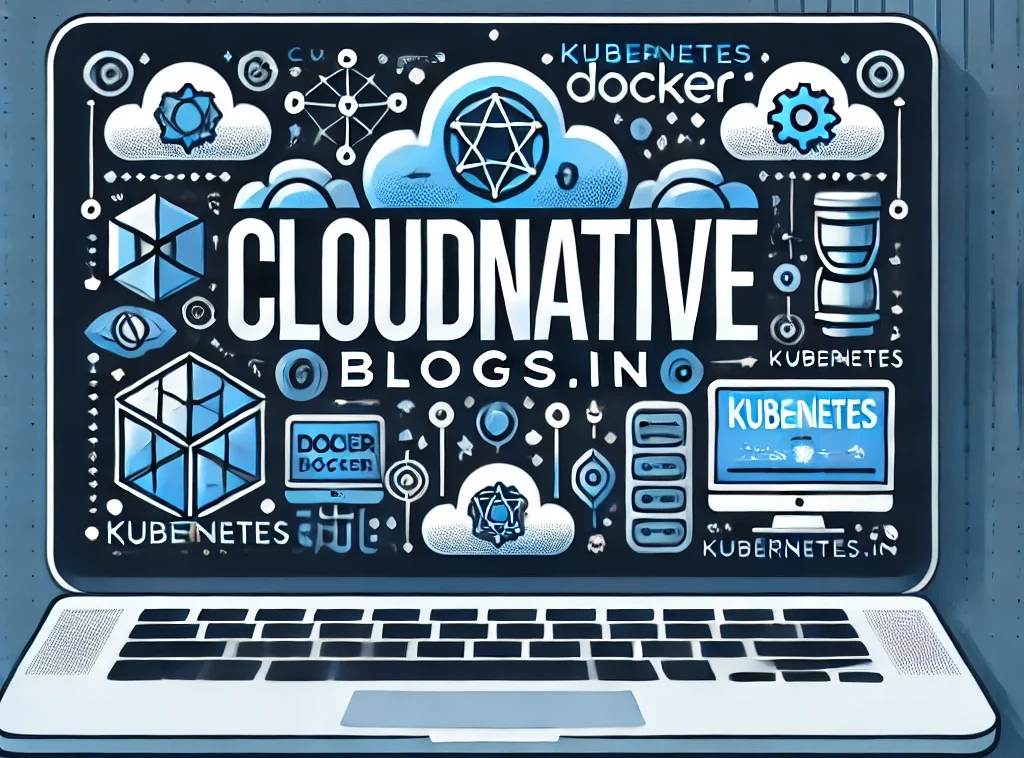Explore the best practices for PostgreSQL database design, focusing on performance, scalability, and optimization techniques. Learn strategies to ensure an efficient, scalable PostgreSQL setup.
The Benefits of Event-Driven Architecture for Large-Scale Applications
Event-driven architecture boosts scalability, performance, and resilience in large-scale applications by enabling asynchronous communication, real-time processing, and efficient resource use, offering significant advantages for modern systems.
Is It Essential for Software Developers to Understand Computer Hardware and Operating Systems?
Understanding hardware and operating systems can significantly improve your performance as a software developer, especially in system programming, game development, and performance optimization.
Understanding the Benefits of Vertical Scaling Over Horizontal Scaling for Server Resources
Vertical scaling provides businesses with a simpler, more cost-effective solution for handling growing server demands without the complexity of managing multiple servers. It’s a viable option for short-term scalability.
Effective Strategies for Refactoring a Large Codebase: Best Practices and Approaches
Refactoring a large codebase improves maintainability, performance, and scalability. This guide provides a step-by-step approach to successfully refactor and optimize your system, ensuring long-term success.
How Java Development Services Ensure Scalability and Performance in Modern Applications
Java development services ensure scalability and performance by leveraging microservices, cloud-native design, database optimization, concurrency, and advanced monitoring tools, ensuring seamless user experiences even at scale.
How to Design a CPU from Scratch
Learn how to design a CPU from scratch, exploring the key areas of computer architecture, digital logic, microarchitecture, and performance optimization needed for modern CPU design.
Best Practices in Software Architecture for Scalable, Secure, and Maintainable Systems
Software architecture best practices ensure systems are scalable, secure, and maintainable, focusing on modularity, performance, fault tolerance, security, and testing for optimal software solutions.
Achieving Scalability and Performance Optimization in DBMS: Strategies and Best Practices
This article provides a comprehensive overview of strategies and best practices for achieving scalability and performance optimization in DBMS, covering key concepts, techniques, and tools essential for maximizing database performance and efficiency.
